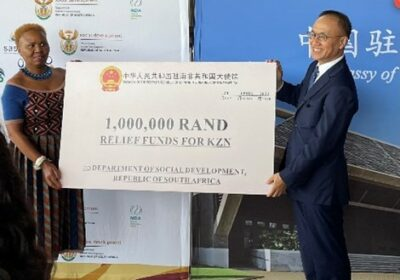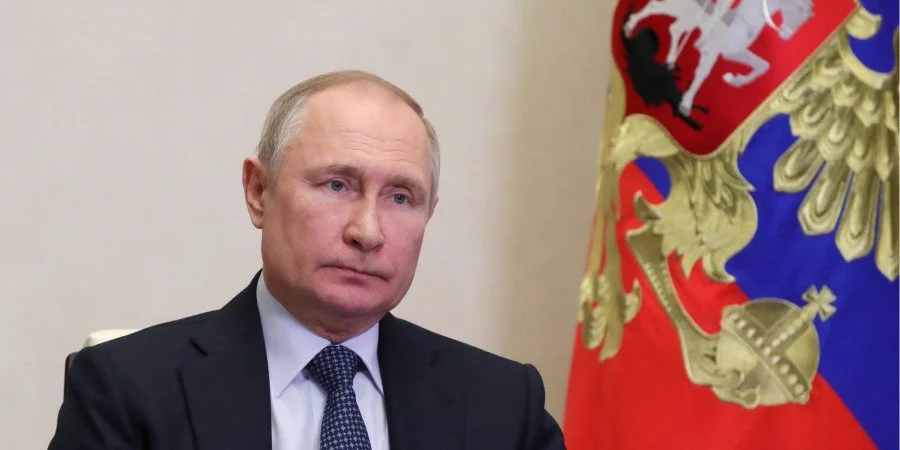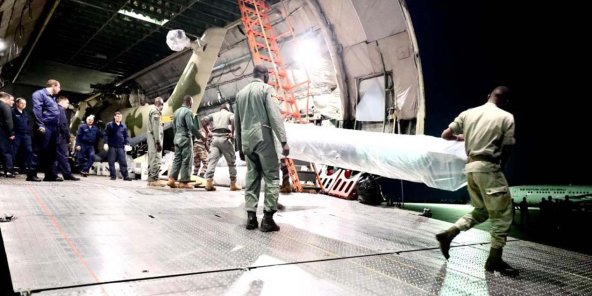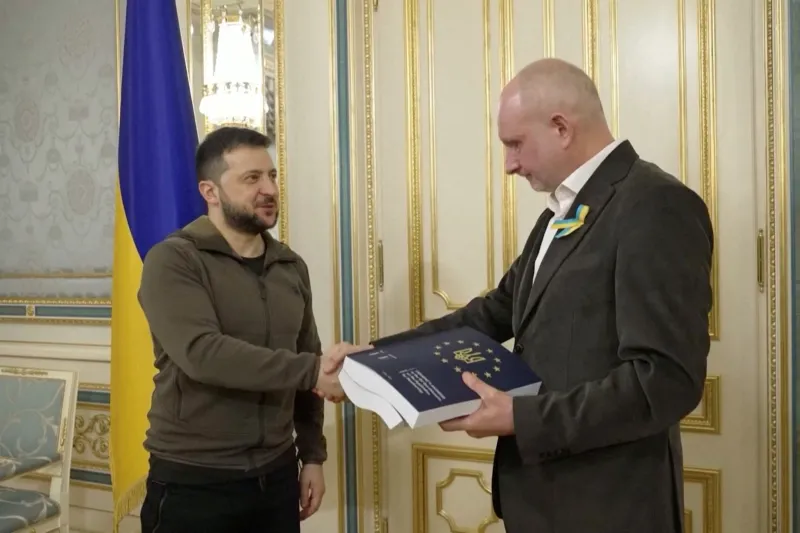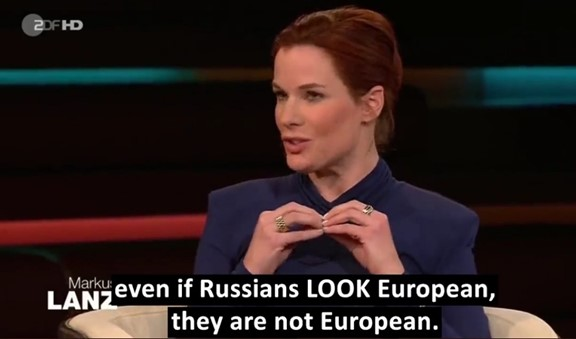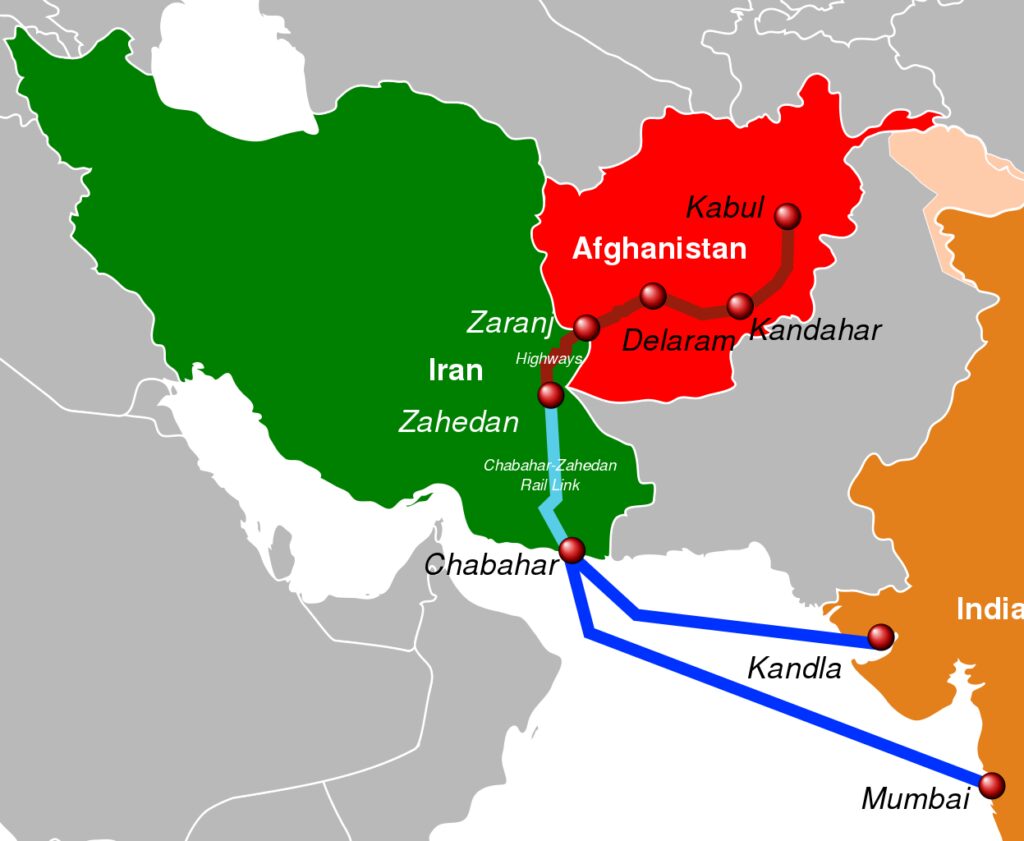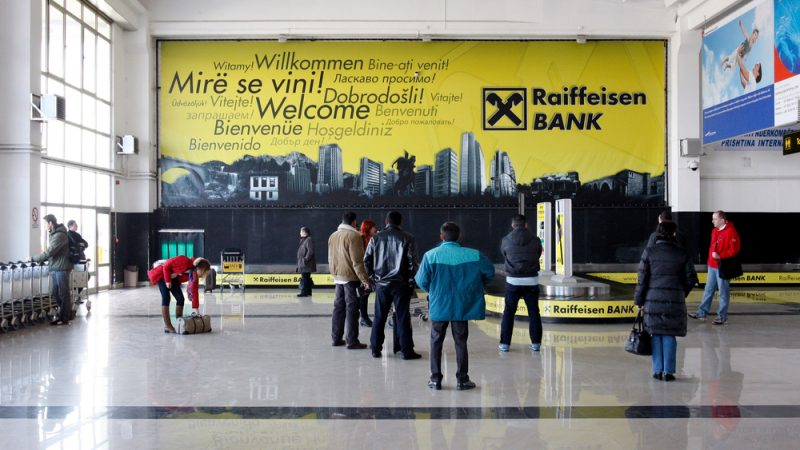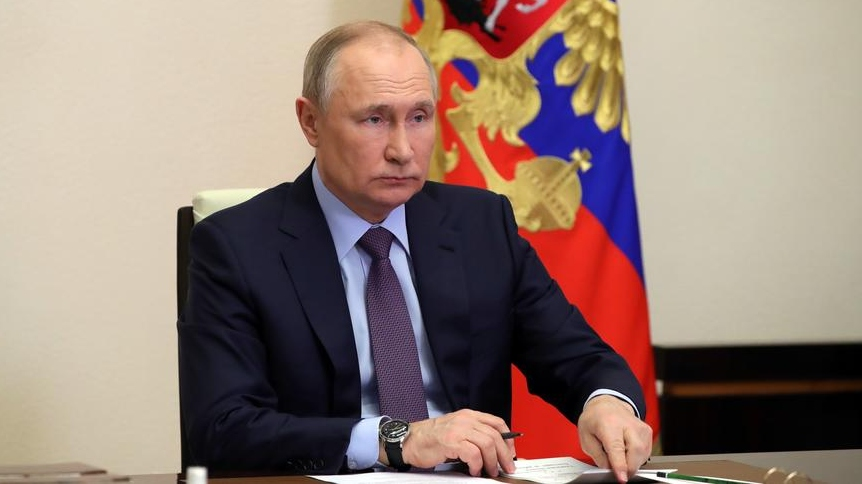A Duck-and-Cover World? Welcome to the Ukraine Moment

Face it, we’re living in a world that, while anything but exceptional, is increasingly the exception to every rule. Only the other day, 93-year-old Noam Chomsky had something to say about that. Mind you, he’s seen a bit of our world since, in 1939, he wrote his first article for his elementary school newspaper on the fall of the Spanish city of Barcelona amid a “grim cloud” of advancing fascism. His comment on our present situation: “We’re approaching the most dangerous point in human history.”

